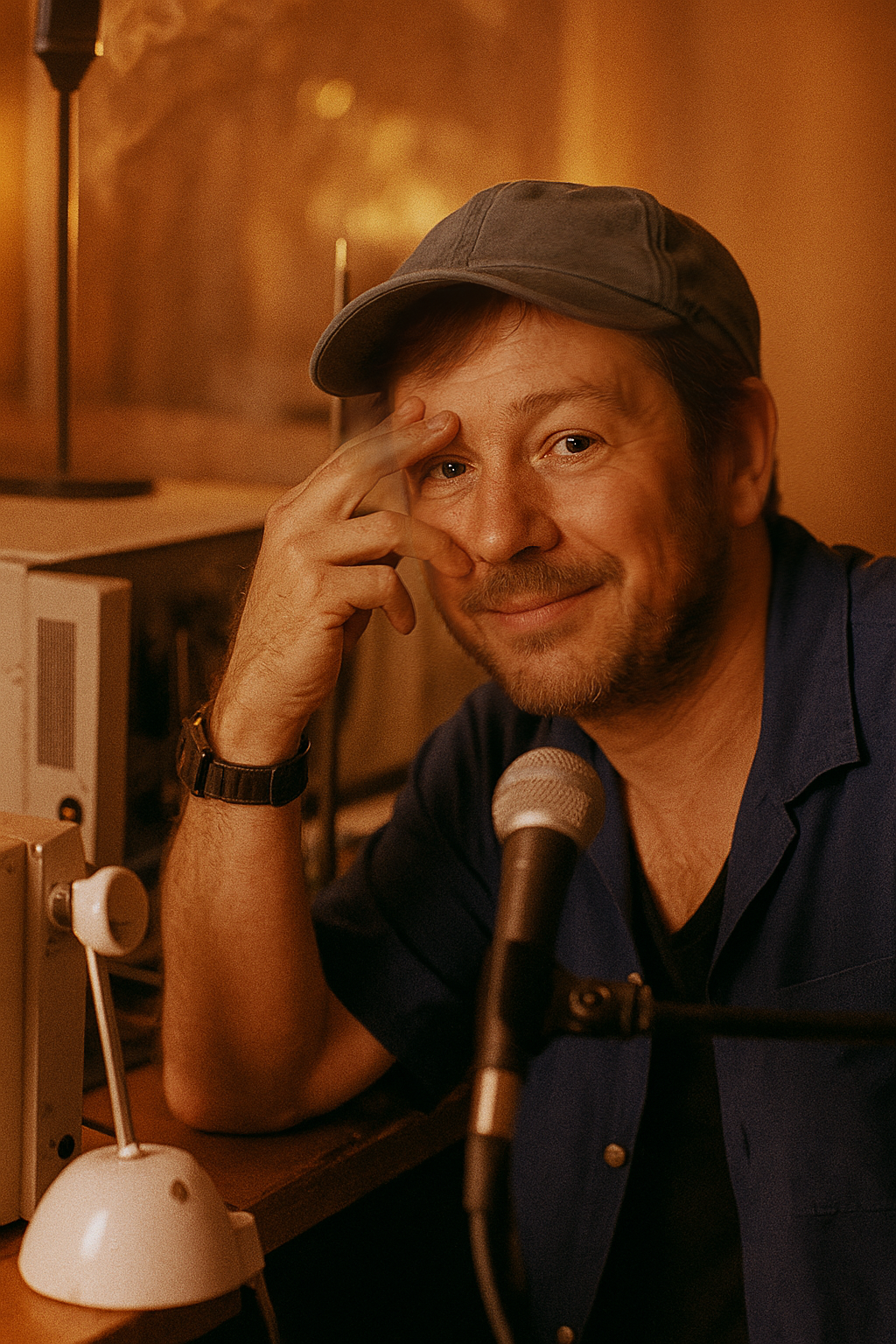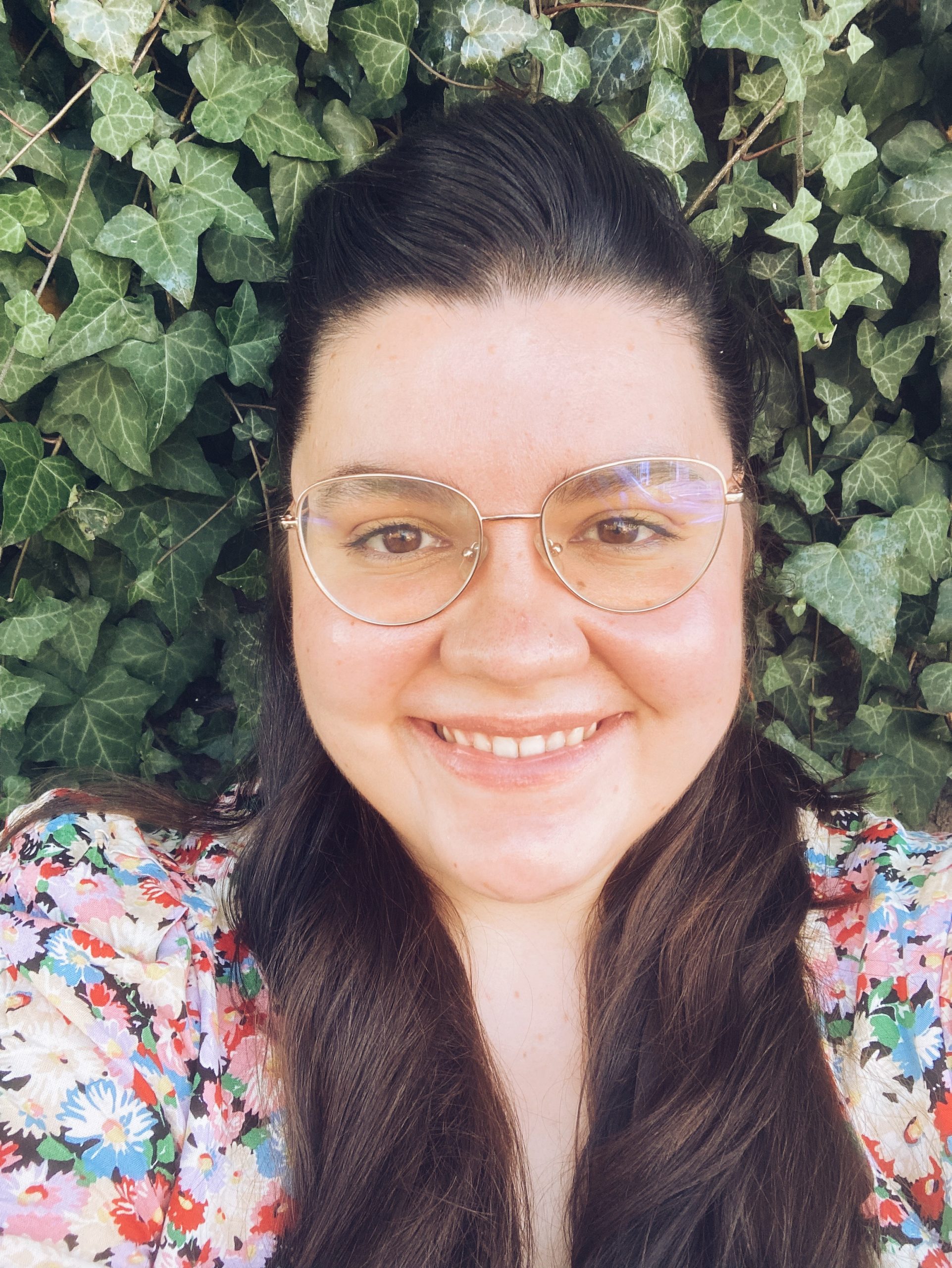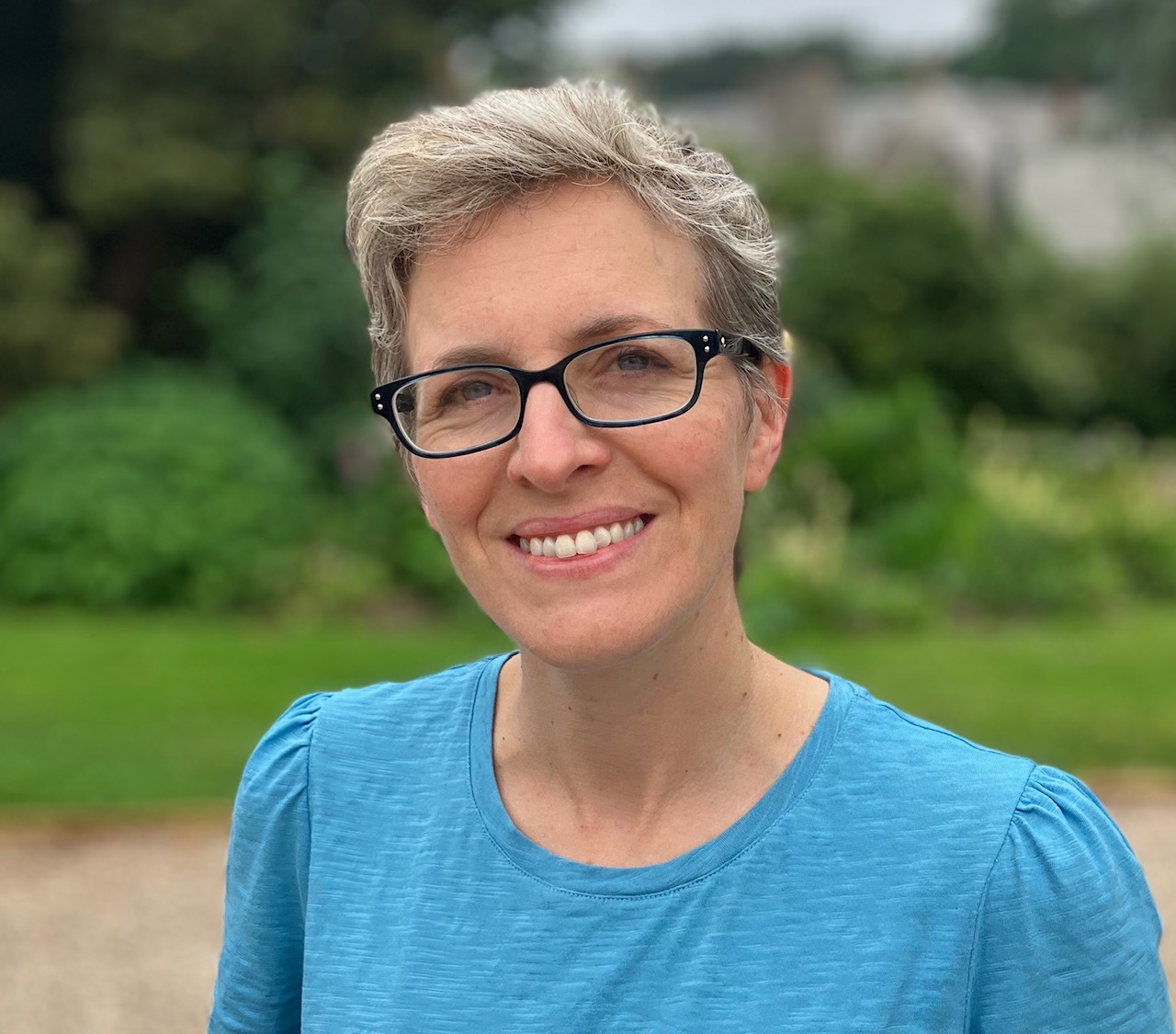We’re proud to introduce our first cohort of Knowledge Mobilisation (KM) Fellows – six dedicated professionals helping to turn research into real-world change across health and social care.
Each Fellow is leading their own project, supported by PenARC mentors and linked into a national network of learning and support. Here’s a quick look at who they are and what they’re working on.
John Stammers

Role: First Step Coordinator, CoLab Exeter
John is working with peer-led groups to make sure the voices of people with lived experience of homelessness, mental health challenges and addiction are shaping the systems that support them. His project focuses on how to gather and use this insight in ways that are ethical, meaningful, and impactful.
Jonathon Gill
Role: Advanced Physiotherapy Practitioner, Somerset NHS Foundation Trust
Jonathon is developing a single, evidence-based care pathway for cauda equina syndrome, a rare spinal condition. His work will help improve consistency, safety and speed of care for patients across Somerset and beyond.
Kate Olver

Role: Midwife, Somerset NHS Foundation Trust
Kate is introducing the Labour Hopscotch Framework into hospital maternity care – a practical tool supported by evidence and knowledge of anatomy and physiology that supports movement during labour to promote comfort and optimal positioning. She’s the first in England to bring this framework into a hospital setting.
Dr Alice Miller

Role: Consultant in Acute Medicine, Torbay Hospital
Alice is focusing on staff wellbeing in acute medical services, using findings from the University of Exeter’s Care Under Pressure research project to shape local strategy and support. Her goal is to embed a culture of care and belonging for NHS staff.
Dr Harriet Aughey, Paediatric Consultant, RDUH and Dr Kelly Boxall, Junior Trainee, RDUH
We caught up with Harriet and Kelly to hear about their roles as a PenARC KM Fellows, focusing on the NOAH project.
Together, our KM Fellows are helping to show how research can be translated into practical change – supporting people, improving systems, and making evidence count.
